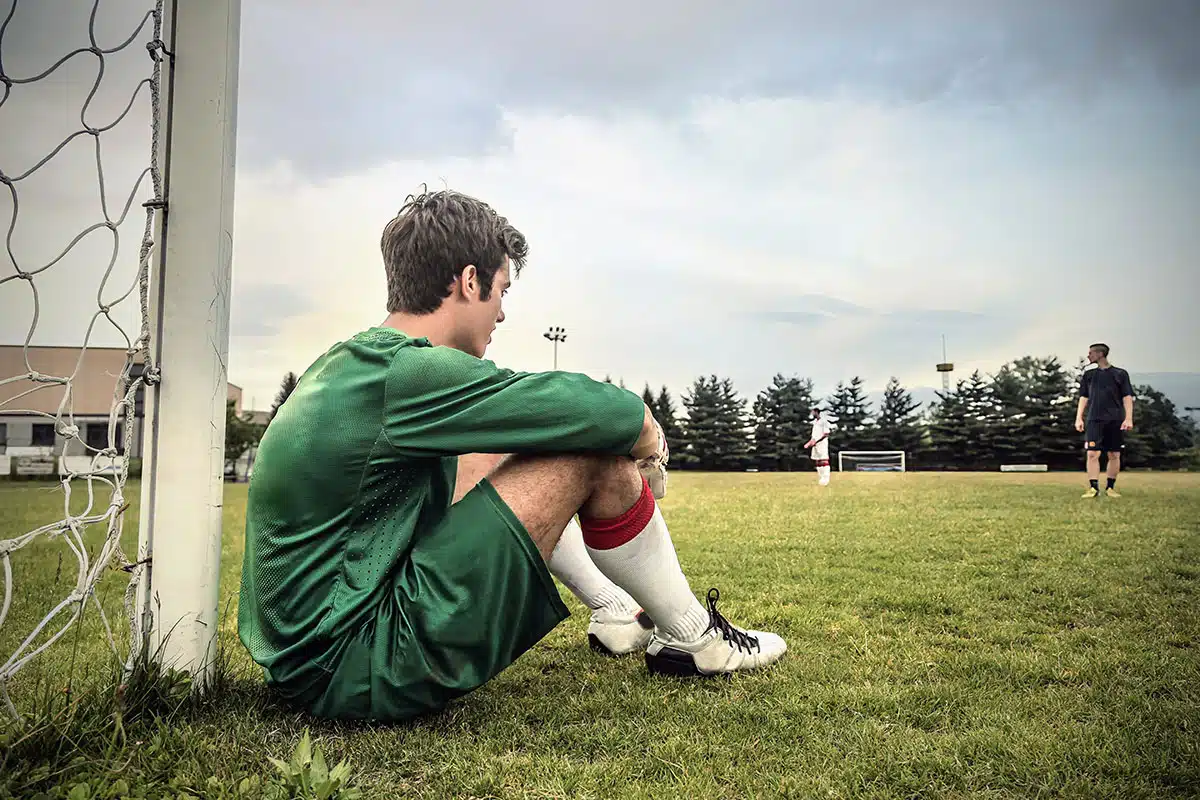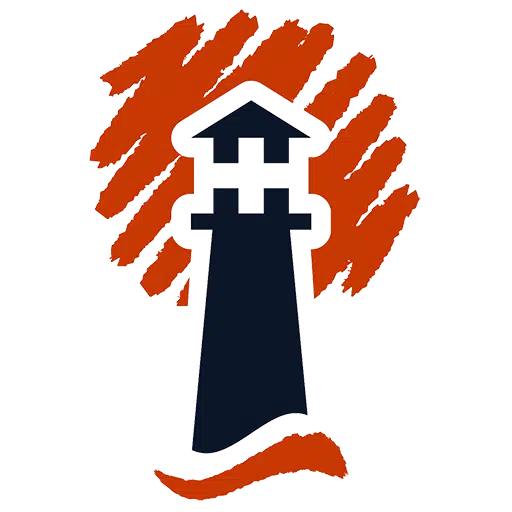
Understanding Concussions in Children: A Parent’s Guide
Concussions can happen to children during various activities, such as sports, play or accidents. It is essential for parents to be aware of what concussions are, how to recognize the signs and what steps to take if their child sustains a head injury. This guide aims to provide you with valuable information on concussions and how to keep your child safe.
What is a Concussion?
A concussion is a mild traumatic brain injury (TBI) that occurs when a blow or jolt to the head or body causes the brain to move rapidly within the skull. This movement can result in chemical changes in the brain and sometimes damage to brain cells. While concussions are often referred to as “mild,” they are serious injuries that require proper attention and care.
Signs and Symptoms
Recognizing the signs and symptoms of a concussion is crucial for early intervention and recovery. In children, the signs can vary, but common symptoms include:
Keep in mind that symptoms may not appear immediately, and they can develop hours or even days after the injury.
Seeking Medical Attention
If you suspect that your child has a concussion, it is essential to seek immediate medical attention. Even if the symptoms seem mild, only a healthcare professional can determine the extent of the injury and provide guidance on how to manage it.
Diagnosis may involve physical examinations, neurological tests, and, in some cases, imaging scans like CT scans or MRIs. Once diagnosed, the doctor will guide you on how to care for your child and when they can safely return to normal activities.
Concussion Management
Recovery from a concussion involves physical and cognitive rest. Here are some key steps to help your child heal:
Preventing Concussions
Here are some steps you can take to reduce the risk of head injuries in children:
Conclusion
Concussions are common injuries among children, but with proper education and awareness, parents can take steps to prevent them and provide the best care if they occur. Recognizing the signs and symptoms of concussions and seeking timely medical attention are crucial in ensuring a child’s safe recovery. By prioritizing safety and following the guidance of healthcare professionals, you can help your child enjoy a happy and healthy childhood while minimizing the risk of head injuries.
